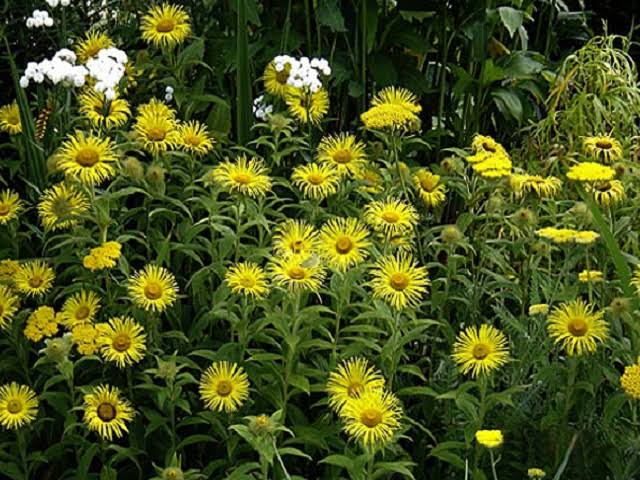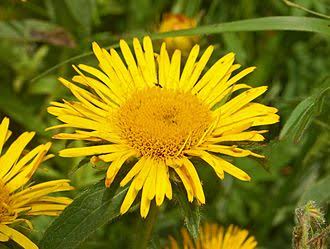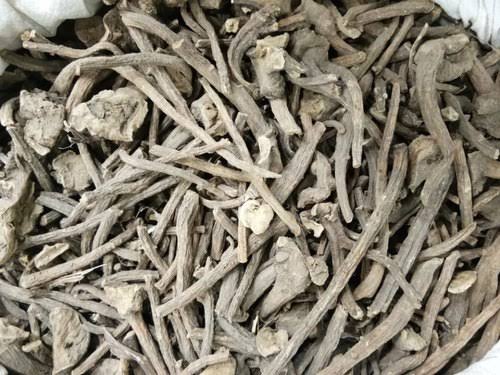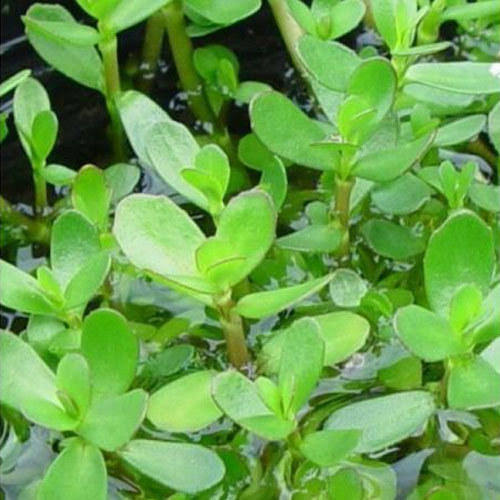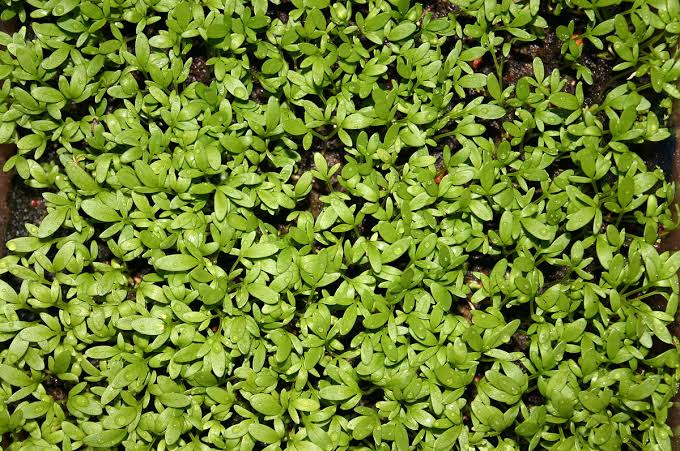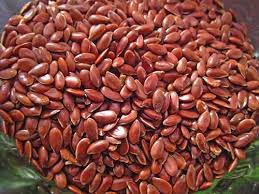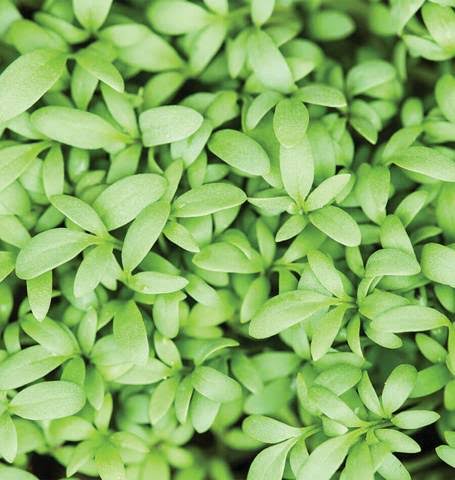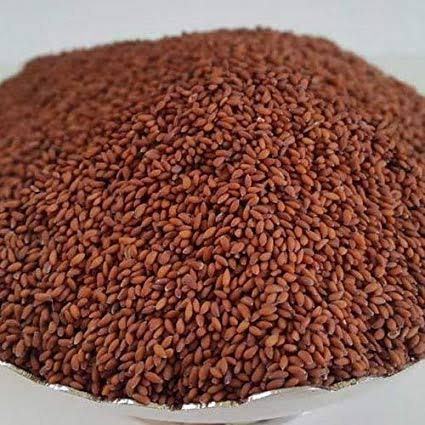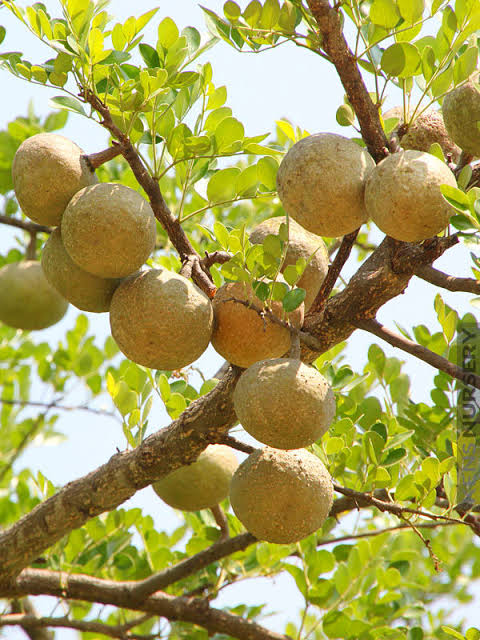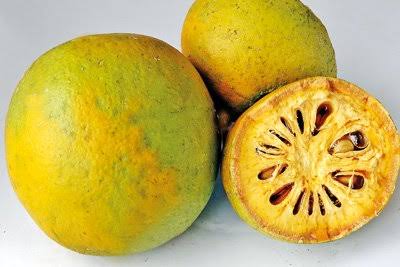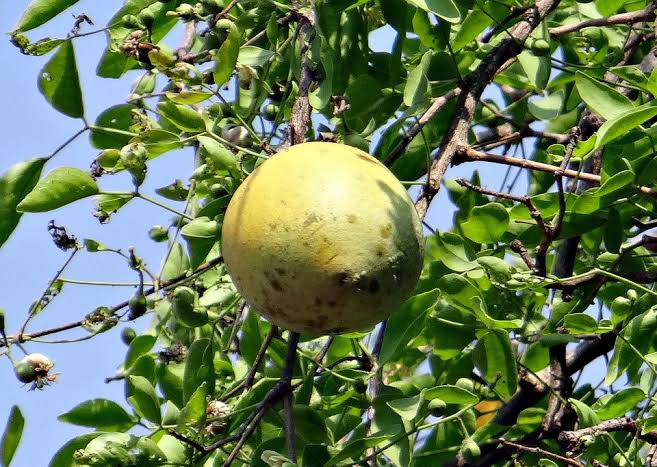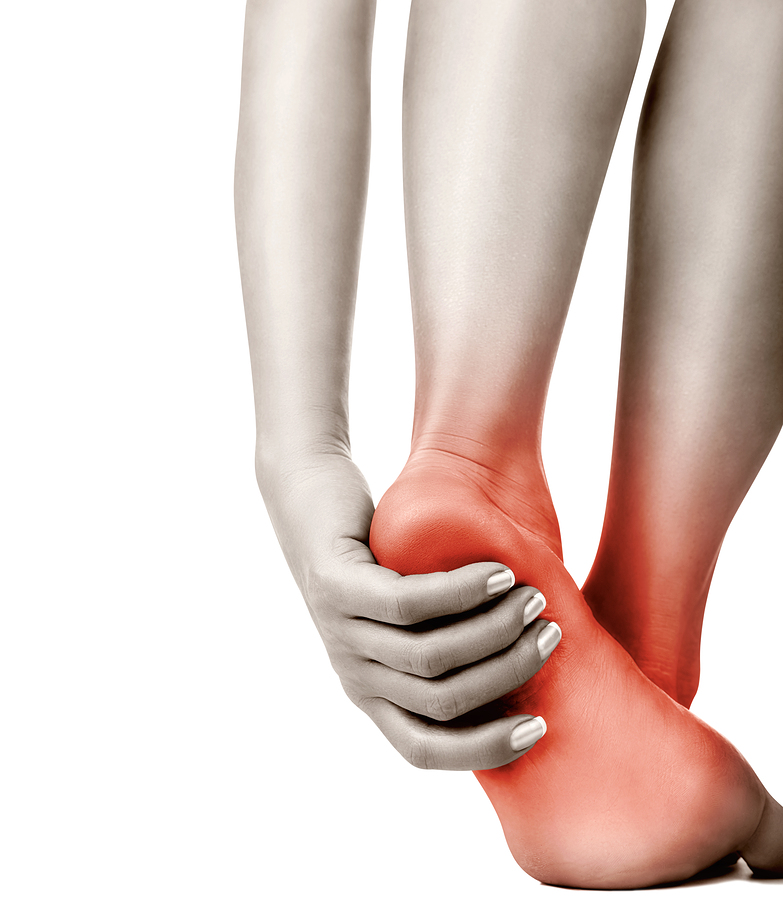
Moringa, also known as the ‘drumstick tree’, is being widely promoted as a “superfood” nowadays because of its rich nutritional profile. Let’s take a look at moringa’s benefits, uses, and its Ayurvedic applications.
Even though moringa has only recently gained popularity as a superfood, it has been a part of the Ayurvedic system of medicine for ages and is still considered a key ingredient in many Ayurvedic preparations.
COMMON USES :
Moringa leaves and immature pods are extensively used in South Indian dishes like sambar and chutney (a type of freshly prepared sauce).
Besides these dishes, moringa leaves, flowers, and immature pods are also used for culinary purposes in different parts of the world. Its roots are also considered edible in some countries.
Moringa can be used in making curries, vegetable soups, lentil soups, and sauces. It can be used as an independent vegetable or mixed with other vegetables. It can also be used for making sandwiches, bakery goods, and bread.

MEDICINAL BENEFITS :
A paste made up of the bark and leaves of moringa is useful in relieving burning sensation, inflammatory conditions and abscesses. Its paste is also helpful in wound healing.
The seed oil of moringa is helpful in relieving pain and has anti-inflammatory properties.
Moringa seed oil is useful in relieving pain caused by osteoarthritis and rheumatoid arthritis.
The powder made up of moringa seeds is used in nasya (medicine is administered through nasal passage).
This nasya is helpful in headache.
Moringa increases nervine stimulus, as a result, it can be used as a nervine tonic for a weak nervous system.
Moringa is also useful in conditions like paralysis and facial palsy.
Moringa improves taste and increases appetite.
Moringa improves digestive strength (agni).
Moringa is binding in nature and is good for diarrhea. The red variety of moringa promotes proper bowel movements.
Moringa is helpful in problems like abdominal pain and abdominal distension.
Moringa is helpful in worm infestation.
Moringa is good for the heart and acts as a cardiac tonic.
Moringa is helpful in various Kapha dosha related problems.
Moringa is useful in cough and cold.
Moringa acts as a diuretic and has alkaline properties. So it is useful in dysuria (difficulty in passing urine) and if urine is more acidic.
Moringa is helpful in problems related to menstruation like amenorrhea and dysmenorrhea.
Moringa is helpful in managing overweight and obesity.
Moringa has detoxifying properties and useful in toxin-related problems.
Moringa increases sweating in the body.usefull in fever conditions.

CONTRAINDICATION:
1. Moringa increases Pitta dosha and vitiates blood. Using moringa is contraindicated in bleeding disorders and for people with a Pitta prakriti (prakriti means physical constitution).
2. Also, the excessive intake of moringa may lead to a burning sensation in the body and other symptoms caused by an aggravated Pitta dosha.

